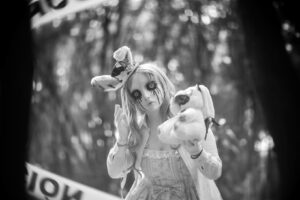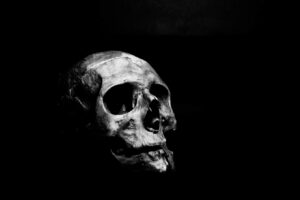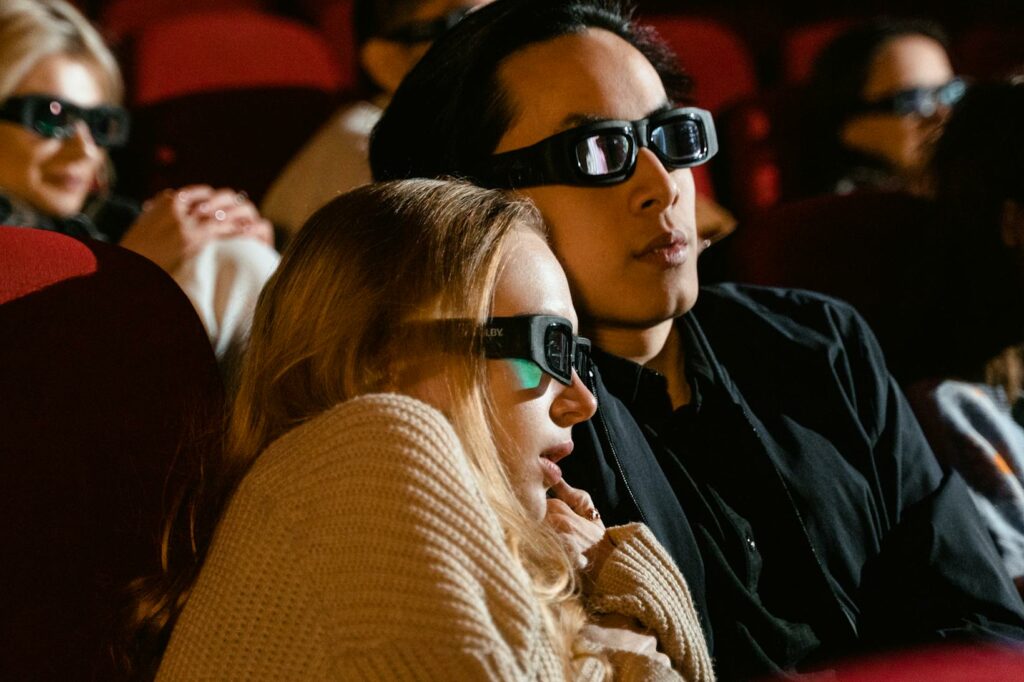Universal horror movies have left an indelible mark on the film industry, captivating audiences with their timeless tales of suspense, terror, and the supernatural. From iconic monsters like Dracula, Frankenstein, and the Mummy to spine-chilling narratives that explore the depths of human fear, these films have shaped the horror genre as we know it today. With a legacy spanning decades, Universal horror movies continue to evoke a sense of unease and fascination among viewers of all generations.
These classic films not only paved the way for modern horror cinema but also set a standard for storytelling that remains influential to this day. By delving into the darkest corners of the human psyche, Universal horror movies have become synonymous with the art of crafting unforgettable scares and unforgettable characters. Join us as we journey into the world of Universal horror, where fear reigns supreme and the monsters of our imagination come to life on the silver screen.
Universal Horror Movies

Universal horror movies have left an indelible mark on the film industry, captivating audiences with their enduring tales of suspense, terror, and the supernatural. These iconic films have shaped the horror genre, instilling both unease and fascination in viewers across generations. Key figures and pioneers in Universal horror cinema, such as director James Whale, have played pivotal roles in infusing creativity and the macabre into the genre, ensuring its lasting impact.
Dracula (1931)
Dracula, released in 1931, stands as a cornerstone of Universal horror films, introducing audiences to the timeless character of Count Dracula. Portrayed by the legendary actor Bela Lugosi, this depiction of the vampire Count solidified the archetype of the charismatic yet sinister blood-drinker in popular culture. Dracula’s influence continues to reverberate through modern vampire lore, shaping how audiences perceive these immortal creatures of the night.
Frankenstein (1931)
In 1931, Universal brought Mary Shelley’s Gothic novel to the silver screen in a groundbreaking adaptation that defined the cinematic portrayal of Frankenstein’s monster. The film, directed by James Whale, remains an enduring classic, with Boris Karloff’s nuanced performance as the monster evoking both sympathy and terror. Frankenstein’s impact on the horror genre is undeniable, inspiring numerous adaptations and interpretations that explore themes of creation, responsibility, and humanity.
The Mummy (1932)
Released in 1932, “The Mummy” unfolds a tale of ancient curses and undying love, cementing its status as a beloved Universal horror masterpiece. Starring Boris Karloff in the titular role of Imhotep, the film weaves together elements of archaeology, mysticism, and resurrection, creating a haunting narrative that continues to enthrall audiences. “The Mummy” marked a significant contribution to the Universal Monsters franchise, adding a touch of ancient mystique to the pantheon of classic horror icons.
Impact of Universal Horror Movies on Modern Cinema
Universal horror movies have had a profound impact on modern cinema, influencing various aspects of filmmaking and shaping the horror genre as a whole. The influence of these iconic films extends beyond their initial release, impacting subsequent generations of filmmakers and contributing to the evolution of cinematic storytelling.
Influence on Genre Filmmaking

- Universal horror movies set a precedent for genre filmmaking, establishing tropes and conventions that continue to resonate in contemporary horror films.
- The portrayal of iconic monsters like Dracula, Frankenstein, and the Mummy defined the archetypes of horror characters, inspiring countless adaptations and interpretations in later films.
- Directors and producers have often looked back at Universal’s classic horror films for inspiration, incorporating similar themes, visual styles, and narrative techniques into their own projects.
- The legacy of Universal horror movies lives on through revivals and remakes that pay homage to the original films while bringing a fresh perspective to beloved stories.
- Modern adaptations of classic Universal monsters have introduced these iconic characters to new audiences, revitalizing interest in timeless tales of terror.
- Filmmakers continue to revisit and reinterpret Universal’s classic horror catalog, breathing new life into age-old stories and keeping the spirit of these legendary films alive in the contemporary cinematic landscape.
Universal horror movies have left an indelible mark on the film industry, shaping the way we perceive and enjoy horror films today. The enduring legacy of iconic monsters like Dracula and Frankenstein continues to captivate audiences, inspiring new generations of filmmakers to explore the depths of fear and imagination. By setting a standard for genre filmmaking, these classics have paved the way for countless adaptations that keep the spirit of Universal horror alive.

